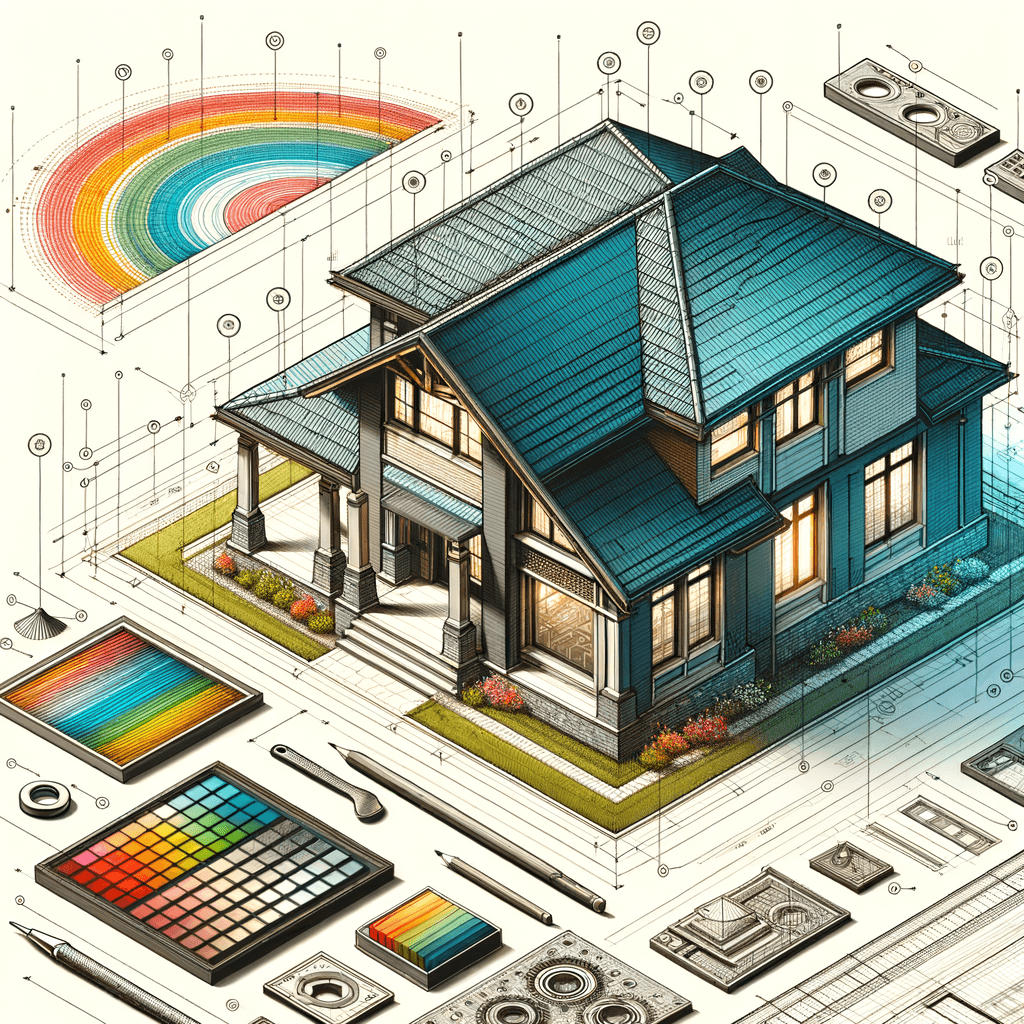
Mastering Roof Eave Details: Design, Protection, and Modern Enhancements
By Total Care Roofing Thu Oct 09 20258 minutes

Understanding the Role of Roof Eaves
Roof eaves are the overhanging edges of a roof that extend beyond the exterior walls. Often overlooked, eaves play a crucial role in directing water away from your home’s foundation, shielding siding from rain, and supporting the overall aesthetic of your property. Homeowners and builders who neglect eave design risk structural damage, moisture intrusion, and premature wear on exterior finishes.Key Eave Design Styles and Their Architectural Impact
Eave design is not just about function—it’s also a defining architectural feature. The style of eave you choose can dramatically influence your home's curb appeal and the performance of your roofing system.- Open Eaves: Exposed rafters provide a classic, craftsman look and allow for increased ventilation.
- Closed Eaves: Soffits conceal the rafter tails, offering a streamlined, modern appearance and additional protection from pests.
- Boxed Eaves: Enclose the eave area entirely, often used in traditional and colonial architecture for a robust, finished look.
Critical Components of Eave Protection Systems
Protecting the eave area is essential for preventing water infiltration, ice damming, and pest intrusion. A well-constructed eave system integrates several specialized components designed to work together for optimal defense.- Drip Edge: Metal flashing installed along the eave to channel water away from the fascia and into the gutter system.
- Soffit Vents: Perforated panels that promote attic ventilation and prevent moisture buildup.
- Fascia Boards: Horizontal boards that cap the end of rafters and provide a mounting surface for gutters.
- Eave Membranes: Self-adhering waterproof barriers that shield vulnerable roof edges from wind-driven rain and ice.
“The integrity of a roof often begins at the eaves—where water management and ventilation intersect.”
Modern Enhancements for Eave Performance and Longevity
Advancements in roofing materials and installation techniques have led to new ways to enhance the durability and efficiency of eave assemblies. Upgrading your eaves can reduce maintenance, increase energy efficiency, and improve weather resilience.- Synthetic Soffit Panels: Resistant to warping, cracking, and insect damage, these panels offer longevity and minimal upkeep.
- Continuous Ventilation Systems: Ensure balanced airflow in the attic, mitigating condensation and heat buildup.
- Pre-Finished Fascia and Drip Edge: Factory-applied coatings reduce the risk of corrosion and eliminate the need for frequent repainting.
- Integrated LED Lighting: Enhances nighttime curb appeal and provides added security.
Comparing Eave Material Options: Durability and Cost Considerations
Selecting the right materials for your eave components is vital for balancing performance, aesthetics, and budget. Below is a comparison of popular material choices for soffits, fascia, and drip edges.| Component | Material | Durability | Maintenance | Approximate Cost (per linear foot) |
| Soffit | Vinyl | High | Low | $2–$4 |
| Soffit | Aluminum | Very High | Low | $3–$6 |
| Fascia | Wood | Moderate | High | $2–$5 |
| Fascia | Engineered Wood | High | Moderate | $3–$7 |
| Drip Edge | Galvanized Steel | Very High | Low | $1–$2 |
| Drip Edge | Copper | Exceptional | Minimal | $8–$15 |
Eave Maintenance: Proactive Steps for Lasting Protection
Routine inspection and maintenance of roof eaves can prevent expensive repairs and extend the lifespan of your roofing system. Homeowners should develop a seasonal checklist tailored to their climate and roof design.- Clear debris from gutters and drip edges to ensure proper drainage.
- Inspect soffits and fascia for signs of rot, insect activity, or water staining.
- Check for loose or missing fasteners on drip edges and flashing.
- Repaint or reseal wood components as needed to prevent moisture intrusion.